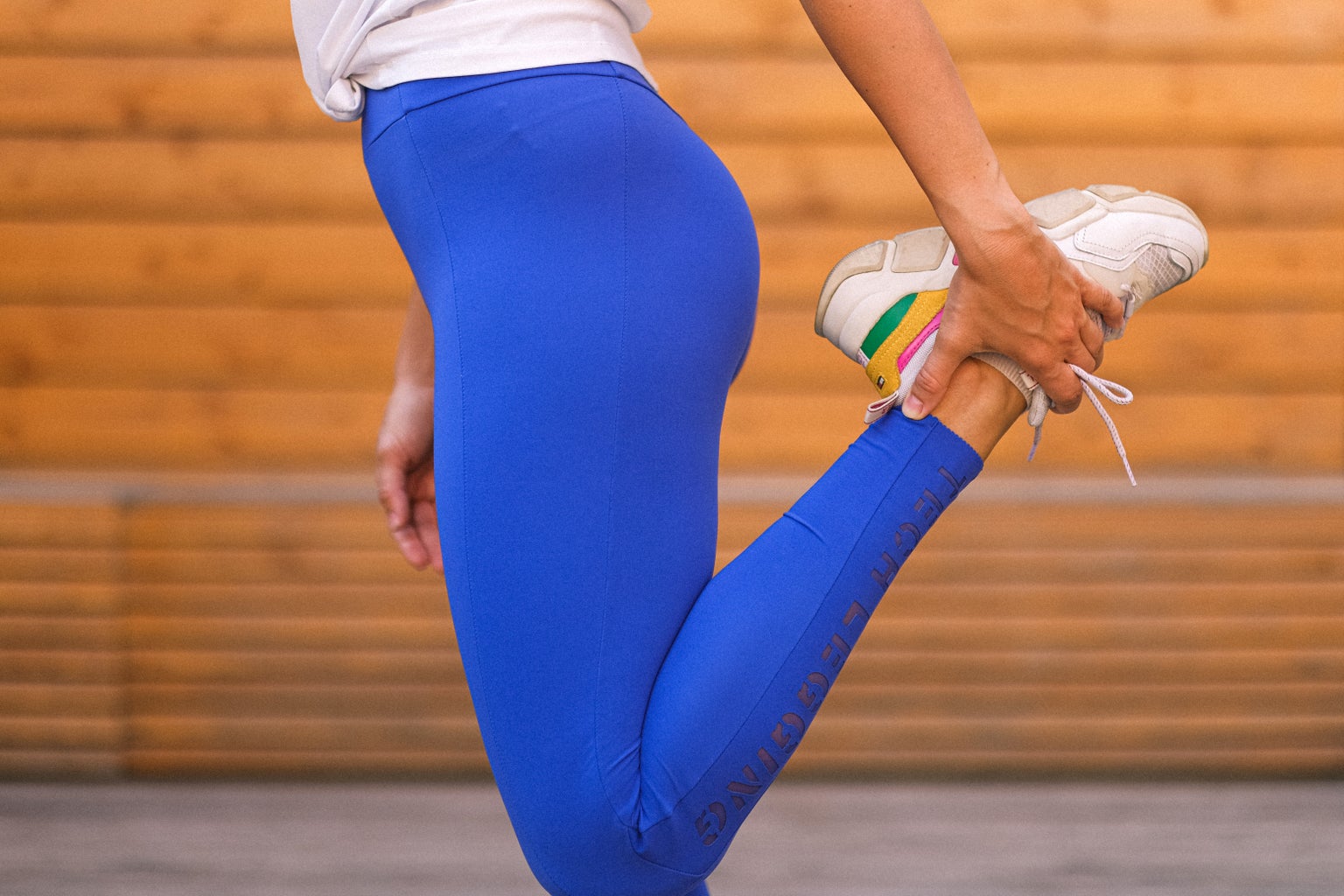As another summer season passes, we enter a period of hibernation for fall and winter. Now, we make the transition towards long sleeves and jackets, rather than favoring shorts and tank tops. Eventually, as the next summer season approaches, people will once more begin to think about the ideal “beach body.” While society has made the move to become more body positive and conscious, choosing to focus on the fact that people need to stay healthy, but not that they need to look a certain way, there are still certain concerning habits that occur. These behaviors are primarily seen through the obsession with “healthy” eating and “healthy” habits. Now, everyone has their own idea of what eating “clean” means. One person might believe the cleanest way is a carnivore diet, while another believes consuming unpasteurized dairy is the best for one’s health, and another believes that completely cutting out sugars/carbohydrates/fats is the key to a long life. In the same vein, others believe that weight training six days a week, cardio seven days a week, or pilates at 6:00 a.m. every day is the key to a good physical wellness routine.
However, what people fail to understand is that physical wellness is not a one approach that fits all situations. Each person has a different body, and different needs, meaning that each person needs to develop their own routine and diet. This routine and diet should never be dictated by any trends or what any so-called “expert” is doing on the internet, but more so what works for them. Whenever we practice physical wellness, we should not be forsaking our mental wellness in the meantime. This means that we should be practicing physical wellness in a way that is enjoyable to us, that when we participate in it, it doesn’t feel like a chore. Even after you find a routine or pattern you like, it is unrealistic to immediately expect some form of physical results. Seeing a physical change takes time and isn’t a linear process, meaning that placing expectations to have immediate progress leads to negative feelings that impact our mental wellness.
When we take the steps to improve our physical wellness by working out or changing our eating habits, we have to gauge things by how they make us feel. If we begin dreading doing something, or we have to physically force ourselves to do something, it’s time to take a step back and reassess. Physical progress is not limited to how we physically look, but also how we mentally feel.



